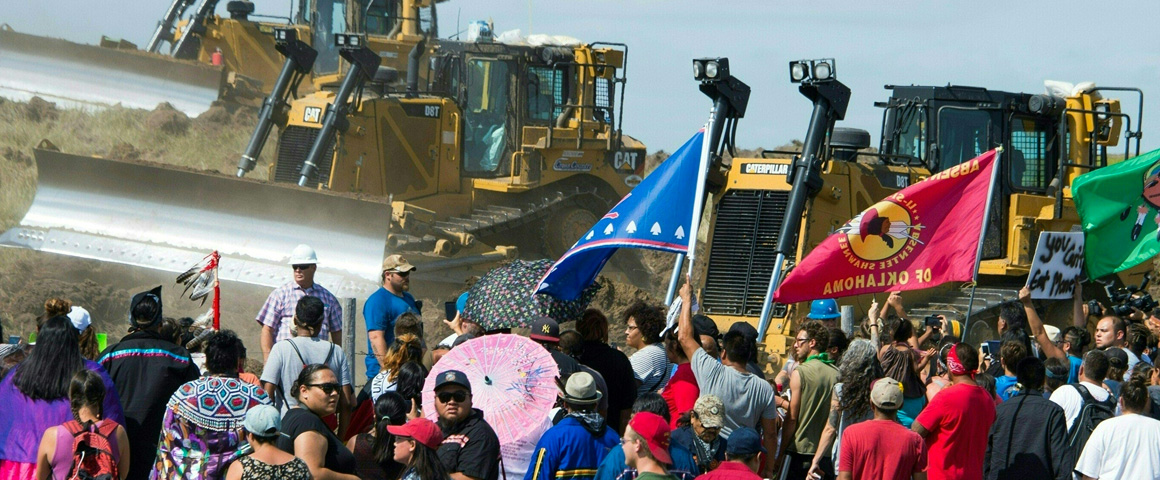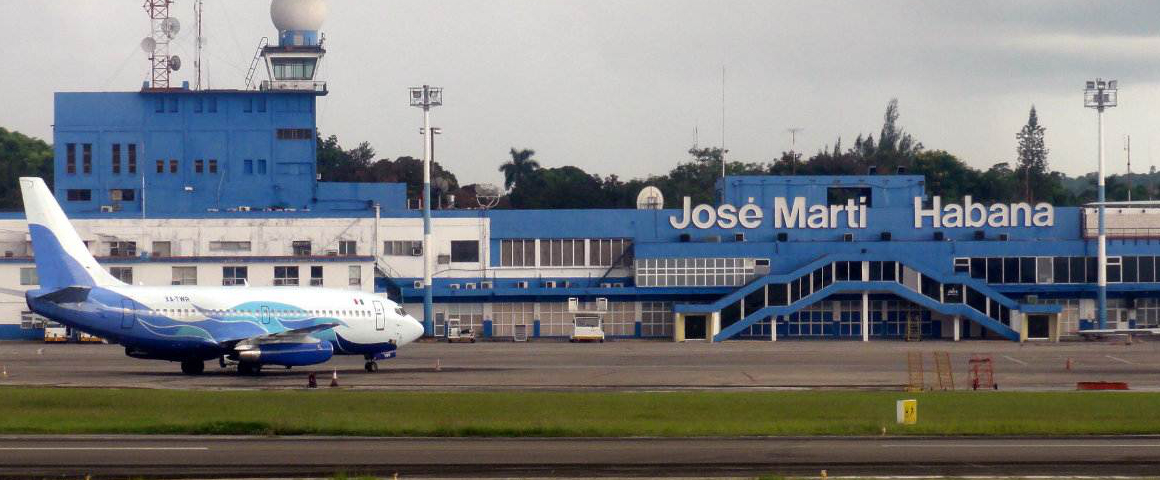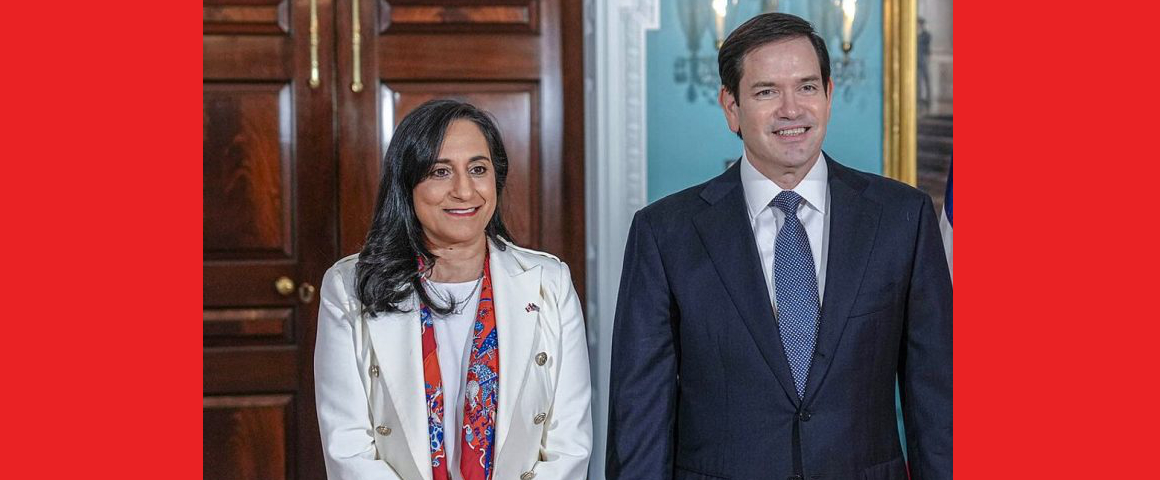For months, the Standing Rock Sioux Tribe in North Dakota has been protesting the construction of a $3.8 billion oil pipeline that would cut through four US states. By early September, the protests reached unprecedented size, as hundreds of environmental activists joined the local community of about 8,000. This is the largest gathering of Native Americans in over a century, with over 90 tribes represented at Cannon Ball, North Dakota, just south of Bismarck, the state capital.
The Native tribes and environmentalists say the pipeline would disrupt a sacred burial ground, as well as threaten water quality in the area. They say that the Army Corps of Engineers should never have granted permits for its construction.
The pipeline would carry crude oil from North Dakota’s Bakken Shale formation to Illinois. Its supporters claim it will be spill-proof, and that its construction will generate thousands of jobs. Critics respond that any leak would poison the Missouri River, which borders the entire western edge of the Standing Rock reservation.
The protests led to the arrest of the Standing Rock Sioux tribal chair Dave Archambault, among others. Work was eventually halted, pending a Sept. 9 ruling by a judge who has heard arguments against the construction.
Things turned violent on Saturday, Sept. 3, when security guards working for the Energy Transfer Partners, on behalf of the Dakota Access pipeline company, attacked Native Americans with dogs and pepper spray as they resisted construction on a tribal burial site.
As Democracy Now’s Amy Goodman reported, “the Dakota Access pipeline company attacked Native Americans with dogs and pepper spray as they resisted the construction of the $3.8 billion pipeline on a sacred tribal burial site… Native Americans were shocked when they went to plant their tribal flags at the construction site and found the bulldozers working over the weekend. On Friday, lawyers for the tribe had filed documents showing how this land was a tribal burial site. Now many fear that many of the graves and artifacts are destroyed.”
The next day, more than 500 people marched back to the site and held a prayer, mourning the destruction of their ancestors’ graves.
Interviewed by Goodman, Dave Archambault said “Law officials try to portray that they were attacked by an angry mob and it was a riot scene. But that was not what was taking place. We had protectors who were concerned about the land. And it just goes to show what kind of a company Energy [Transfer] Partners is. They have zero policies on community relations, zero policy on human rights, zero policies on Indian rights, indigenous rights… And they hire security companies with untrained handlers. And the dogs were attacking the handlers. That’s why they released dogs into the crowd…
“I asked the law enforcement, where did this company get these dogs? Was this something that law enforcement supplied? When I asked the question, they said, no, they had nothing to do with it. The company hired someone to get these dogs, and there was a lack of training on how to handle the dogs. They were using the dogs as a deadly weapon. And that’s something that needs to be looked into, is who was handling these dogs, and whose dogs were they, and why were they being used? This was all premeditated. They knew something was going to happen when they leapfrogged over 15 miles of undisturbed land to destroy our sacred sites. They knew that something was going to happen, so they were prepared. They hired a company that had guard dogs, and then they came in, and then they waited. By the time we saw what was going on, it was too late. Everything was destroyed. The fact is that they desecrated our ancestral gravesites. They just destroyed prayer sites… And that’s why we’re filing for the temporary restraining order.”
The image of Native Americans being attacked as they try to protect sacred land shocked many, among them commentator Lawrence O’Donnell on MSNBC whose condemnation of their treatment on Aug. 26 has been widely shared: “Dakota means friend, friendly,” he begins. “The people who gave that name to the Dakotas have sadly never been treated as friends.”
In his short message, O’Donnell calls the events in Standing Rock a “morally embarrassing reminder” of U.S. mistreatment of Native people, noting that those who lived in the country before European settlers arrived have been “dealt with more harshly than any other enemy in any of this country’s wars.”
“The original sin of this country is that we invaders shot and murdered our way across the land, killing every Native American we could, and making treaties with the rest,” he says. “This country was founded on genocide.”
Even after the killings stopped, deals and treaties made with the tribes have been consistently broken. “We piled crime on top of crime on top of crime, against the people whose offense against us was simply that they lived where we wanted to live,” he says.
He counts the current events at Standing Rock among those crimes. “That we still have Native Americans left in this country to be arrested for trespassing on their own land is testament not to the mercy of the genocidal invaders who seized and occupied their land, but to the stunning strength and the 500 years of endurance and the undying dignity of the people who were here long before us.”




